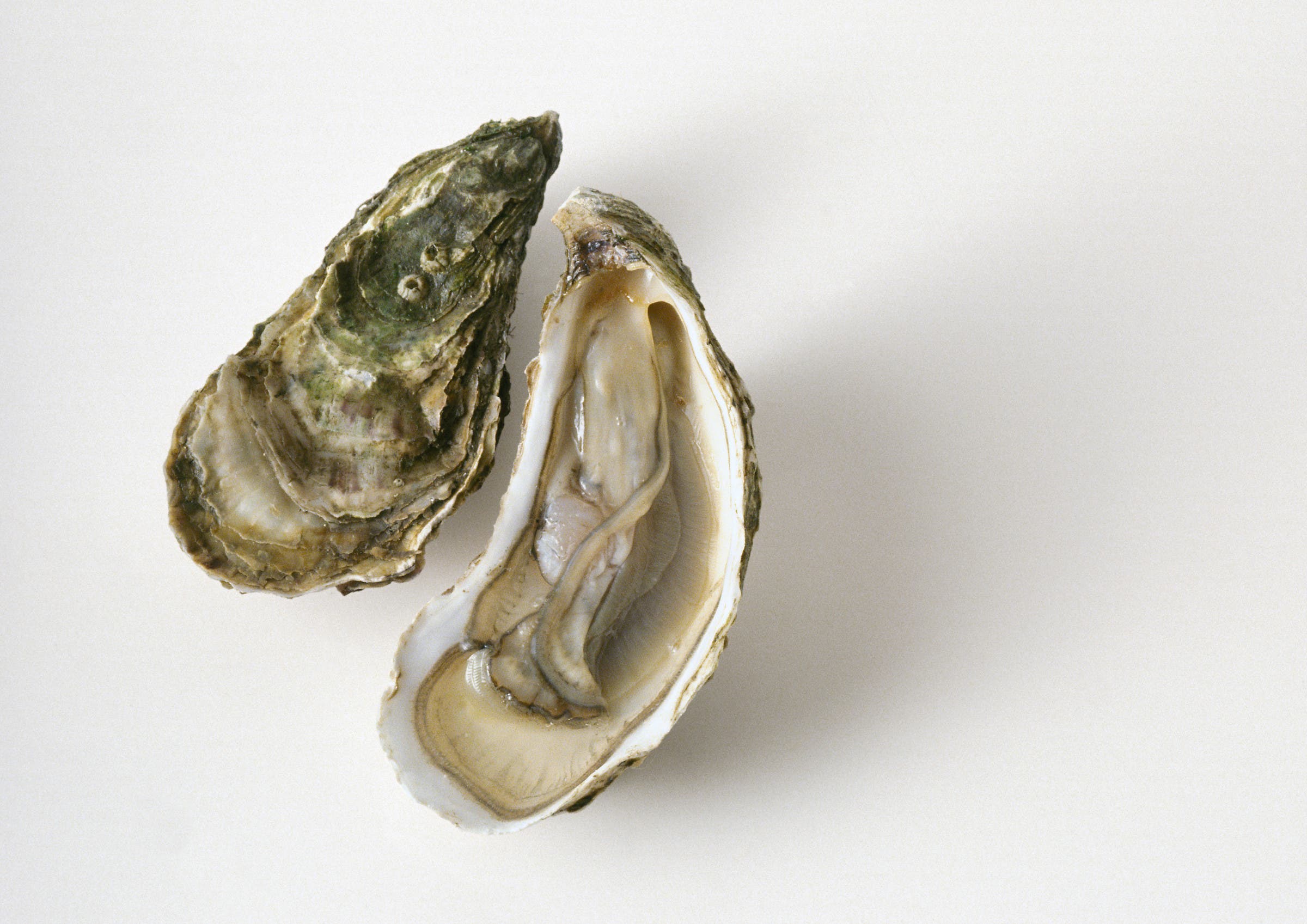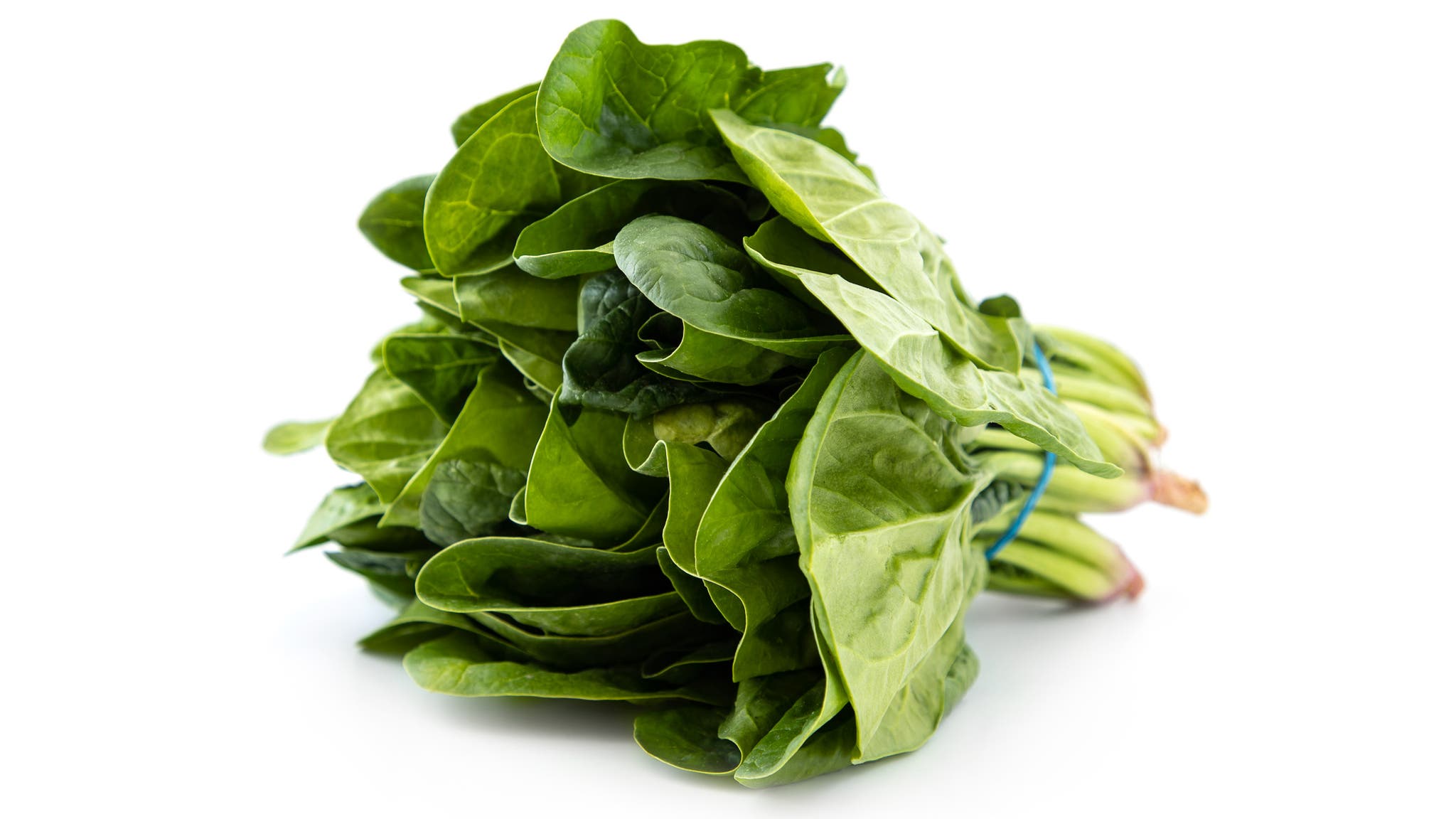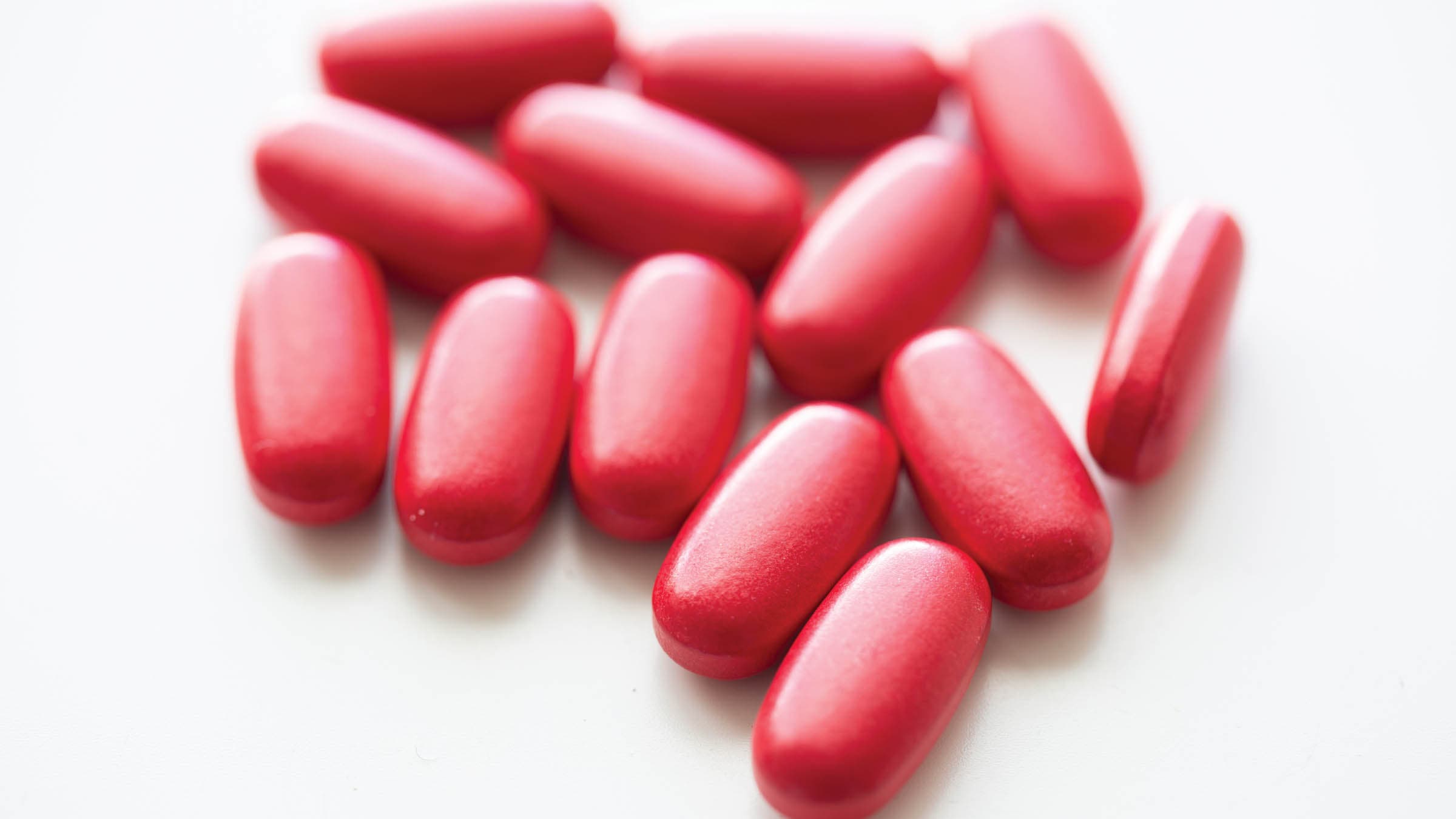The Foods You Should be Eating to Get Enough Iron

(Photo: Getty Images)
When it comes to figuring out what foods are high in iron, and how to make sure you’re getting enough, simplify. If you eat meat, most women should consume 18 milligrams of iron per day between ages 19 and 50; pregnant woman and endurance athletes need more, and vegans or vegetarians need about 36 milligrams. But rather than counting milligrams, sports dietitian Rebecca McConville, MS, RD, simplifies by recommending two to three servings of iron-rich foods per day from animal sources, or three to five from plants. Add one extra the week before and during your period.
RELATED: Is Your Hormonal Birth Control Affecting Athletic Performance?

Animal Sources of Iron
3-ounce serving each—about the size of a deck of cards
- Oysters (8 milligrams)
- Beef liver (5 milligrams)
- Canned sardines (2 milligrams)
- Beef round (2 milligrams)
- Roasted chicken, with the skin (1 milligram)
- Turkey, breast meat and skin (1 milligram)

Plant Sources of Iron
-
- 1 serving of iron-fortified cereal (up to 18 milligrams)
- 1 cup of white beans (8 milligrams)
- 3 ounces of dark chocolate with 45 to 69 percent cacao (7 milligrams)
- A half-cup of lentils (3 milligrams)
- A half-cup of spinach (3 milligrams)
- A half-cup of tofu (3 milligrams)
- About 18 cashews (2 milligrams)
- A half-cup of canned tomatoes (2 milligrams)
- A quarter-cup of seedless raisins (1 milligram)
RELATED: I’m Exhausted All the Time. Could Afternoon Naps Change My Life?

Do I Need an Iron Supplement?
For many athletes, the answer is yes. Marathoner Starla Garcia says more than three-fourths of her female training partners have needed a supplement, especially when they’re ramping up mileage.
There are many different types of supplements and doses, some of which are more easily absorbed than others. A dietitian or physician can recommend the best option and work with you to minimize side effects, such as nausea and constipation.
Individualized advice is especially important if you have other health problems or take prescription medicines, McConville says. Iron can interact with thyroid treatments, proton pump inhibitors for reflux disease, and other drugs.